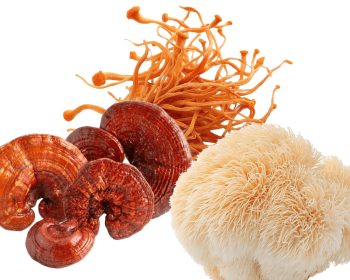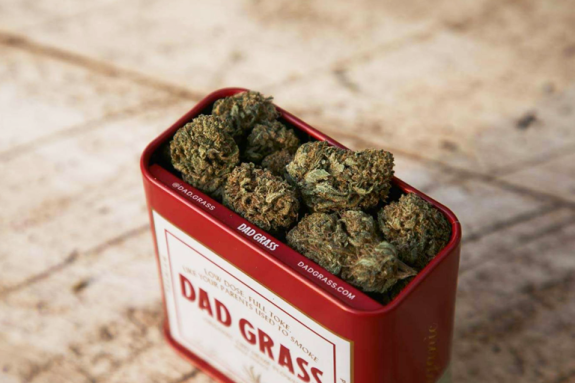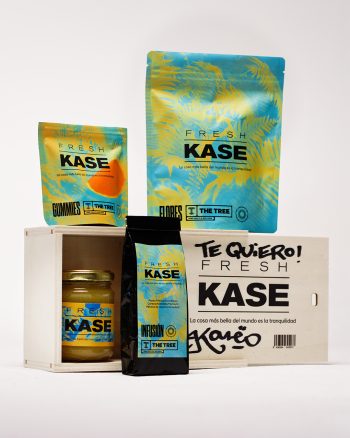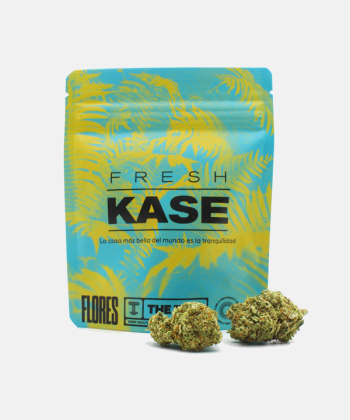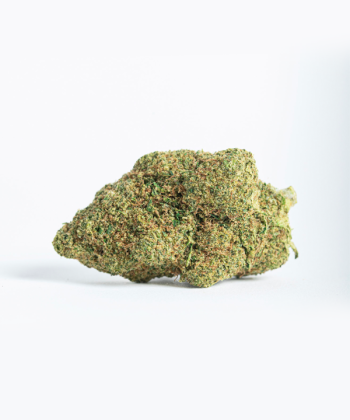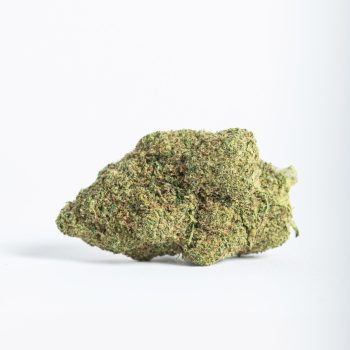CBD (cannabidiol) is a molecule produced by the cannabis plant, one of its most well-known and common active ingredients. It’s obtained from the hemp plant, a species of cannabis that belongs to the same family as marijuana, but lacks its psychotropic effects, i.e. it doesn’t alter your perception.
This compound is able to interact with receptors of the endocannabinoid system in the mammalian body. It’s one of the most studied cannabinoids and has been shown to be safe.
One of the main advantages of CBD is that it has no psychotropic effects whatsoever, which means that it doesn’t cause “highs” or “paranoia”, like THC, the active ingredient in marijuana, does. For this reason, CBD is perfectly legal, while THC is illegal in many countries.
However, although CBD is a very safe substance, it may have some mild side effects and some contraindications. Most CBD users don’t experience them, but they can occur. Below, we explain what these possible side effects of CBD are and in which cases contraindications apply.
What are the side effects of CBD?
A dry mouth
This is possibly the most common side effect of CBD. While this isn’t a serious side effect, it can be slightly irritating when it happens. It’s very easy to treat it by drinking water frequently or sucking on a sweet.
Changes in appetite
This can also occur relatively frequently among CBD users. Some users report an increase in appetite¹, while others report just the opposite, a reduced appetite². In any case, it’s not a serious or worrying side effect.
Fatigue or drowsiness
Although this isn’t a serious side effect, it can be quite disruptive if it affects you during day-to-day activities. If you experience tiredness or drowsiness³ when consuming CBD, it’s best to consume it in the evening after work.
Low blood pressure
Low blood pressure is one of the most serious side effects⁴ that CBD can cause, which in turn can lead to other problems. If you find that CBD use leads to fatigue and dizziness, it’s best to stop taking CBD and consult a doctor.
Apart from these side effects, does CBD have any contraindications for people?
Aside from the previously described side effects, certain contraindications apply when it comes to CBD consumption. In other words, there are certain situations in which it would be better to not consume CBD.
These are usually medical conditions that make the use of CBD inadvisable for health reasons. Some of the most common contraindications include:
- Pregnancy and breastfeeding: although CBD may be safe in these situations, there’s not enough data to say for sure at present. Therefore, it’s advisable to avoid the use of CBD if you’re pregnant or breastfeeding unless specifically instructed by a doctor.
- Minors: the above also applies to these individuals. Although CBD is a safe compound in general, its use by children isn’t recommended, unless expressly recommended by a doctor.
- Liver disease: CBD is metabolised in the liver, so it may increase the risk of liver damage in people with liver disease.
- Mental health disorders: in these cases, CBD may have an effect on one’s mental state and behaviour, so it’s recommended that people with psychological problems or mental health disorders should avoid using CBD.
- Medication interactions: CBD can interact with certain medications, such as blood thinners, antidepressants, anxiolytics, blood pressure medications, among others, and may increase the risk of side effects. Therefore, it’s important to talk to your doctor before taking CBD if you’re taking any medication.
- Interactions with supplements or herbs: as in the previous example, CBD also interacts with certain supplements or herbs. If combined with compounds with similar effects, such as melatonin, St John’s wort, or Valerian root, among others, it can cause excessive drowsiness.
It’s important to note that CBD isn’t intended to diagnose, treat, cure, or prevent any disease. Therefore, we always recommend talking to a medical specialist on a case-by-case basis.
References
- Hussain, S. A., Zhou, R., Jacobson, C., Weng, J., Cheng, E., Lay, J., … & Sankar, R. (2015). Perceived efficacy of cannabidiol-enriched cannabis extracts for treatment of pediatric epilepsy: a potential role for infantile spasms and Lennox–Gastaut syndrome. Epilepsy & Behavior, 47, 138-141.
- Iffland, K., & Grotenhermen, F. (2017). An update on safety and side effects of cannabidiol: a review of clinical data and relevant animal studies. Cannabis and cannabinoid research, 2(1), 139-154.
- Tzadok, M., Uliel-Siboni, S., Linder, I., Kramer, U., Epstein, O., Menascu, S., … & Ben-Zeev, B. (2016). CBD-enriched medical cannabis for intractable pediatric epilepsy: the current Israeli experience. Seizure, 35, 41-44.
- Jadoon, K. A., Tan, G. D., & O’Sullivan, S. E. (2017). A single dose of cannabidiol reduces blood pressure in healthy volunteers in a randomized crossover study. JCI insight, 2(12).


